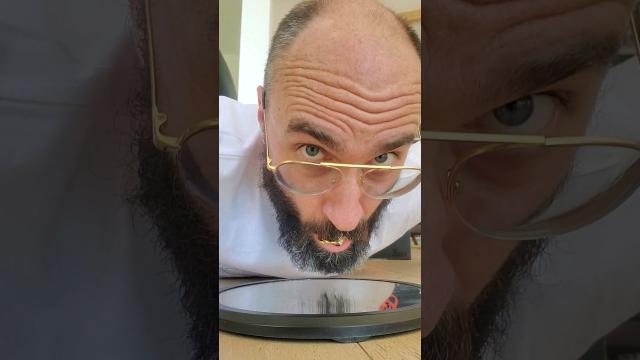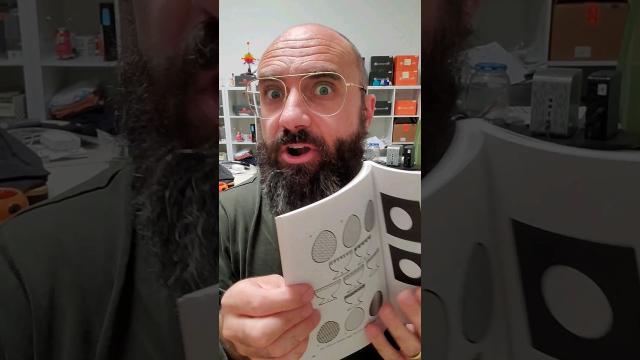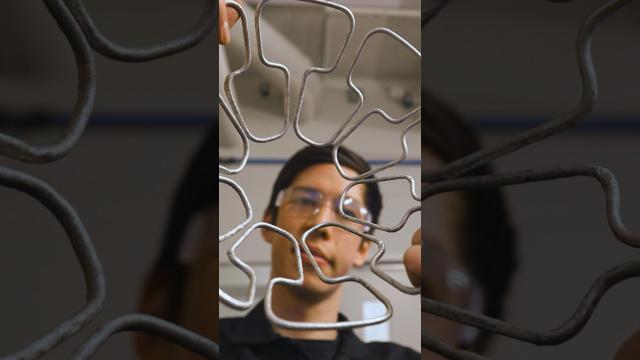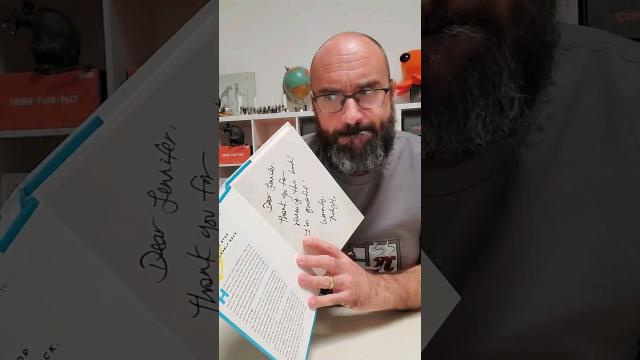Time Travel, Teleportation & Science
Time travel is the concept of moving between different points in time in a manner analogous to moving between different points in space, generally using a theoretical invention, namely a time machine. It has a commonly recognized place in philosophy and fiction, but has a very limited application in real world physics, such as in quantum mechanics or wormholes.
Although the 1895 novel The Time Machine by H. G. Wells was instrumental in moving the concept of time travel to the forefront of the public imagination, The Clock That Went Backward by Edward Page Mitchell was published in 1881 and involves a clock that allowed three men to travel backwards in time.[1][2] Non-technological forms of time travel had appeared in a number of earlier stories such as Charles Dickens' A Christmas Carol. Historically, the concept dates back to the early mythologies of Hinduism (such as the Mahabharata), Buddhism, and Islam through ancient folk tales. More recently, with advancing technology and a greater scientific understanding of the universe, the plausibility of time travel has been explored in greater detail by science fiction writers, philosophers, and physicists.
Teleportation, or Teletransportation, is the theoretical transfer of matter or energy from one point to another without traversing the physical space between them. It has a commonly recognized place in science fiction literature, film, and television, but as yet has a very limited application in real world physics, such as quantum teleportation or the study of wormholes.
Science (from Latin scientia, meaning "knowledge") is a systematic enterprise that builds and organizes knowledge in the form of testable explanations and predictions about the universe. In an older and closely related meaning, "science" also refers to a body of knowledge itself, of the type that can be rationally explained and reliably applied. A practitioner of science is known as a scientist.
In modern usage, "science" most often refers to a way of pursuing knowledge, not only the knowledge itself. It is also often restricted to those branches of study that seek to explain the phenomena of the material universe.
Source : Wikipedia
-
01:01
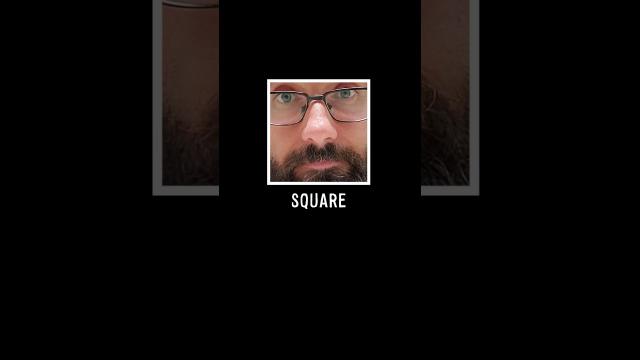
I ???? Quadrilaterals
Added 130 Views / 0 Likessquare rectangle rhombus kite parallelogram trapezoid geometry quadrilaterals Euler Diagram math nomenclature geometry
-
03:34
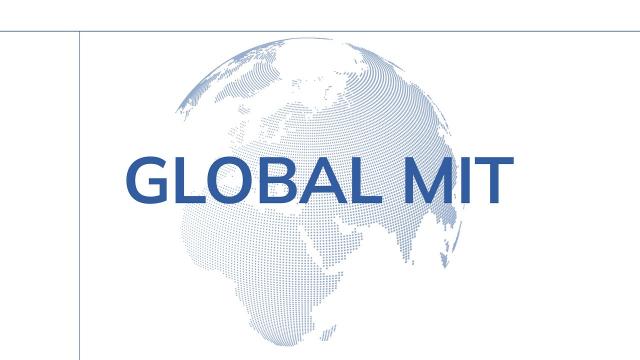
The World at MIT: Highlights
Added 130 Views / 0 LikesWatch and hear highlights from interviews with all the international faculty featured in “The World at MIT” video series. “The World at MIT” videos underscore MIT’s distinctive nature as a community that is at once profoundly American and deeply connected
-
01:01
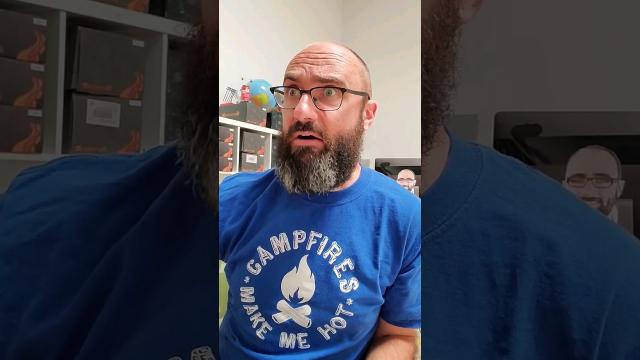
PopularJokes From 117 Years Ago
Added 129 Views / 0 Likes#oldjokes #kneeslappers #pun #1900s #history #humor #book
-
05:58
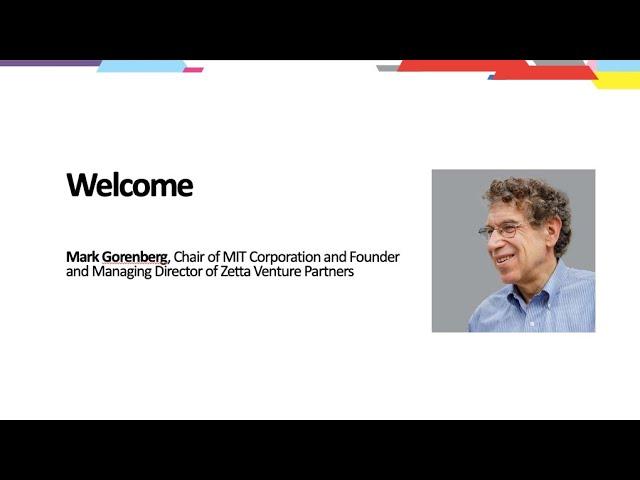
Generative AI + Creativity: Mark Gorenberg
Added 129 Views / 0 LikesMark Gorenberg, Chair of MIT Corporation and Founder and Managing Director of Zetta Venture Partners talks about the emerging, creative areas of AI and how those tie into MIT’s history of AI advancement.Watch more videos from MIT: http://www.youtube.com/u
-
01:52
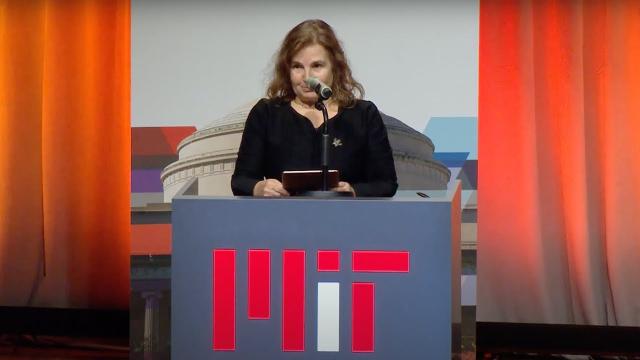
Generative AI Shaping The Future Closing Remarks
Added 128 Views / 0 LikesDaniela Rus concludes the day with gratitude to the guests and hopes that the audience leaves with meaningful insights.Watch more videos from MIT: http://www.youtube.com/user/MITNewsOffice?sub_confirmation=1The Massachusetts Institute of Technology is an
-
14:02
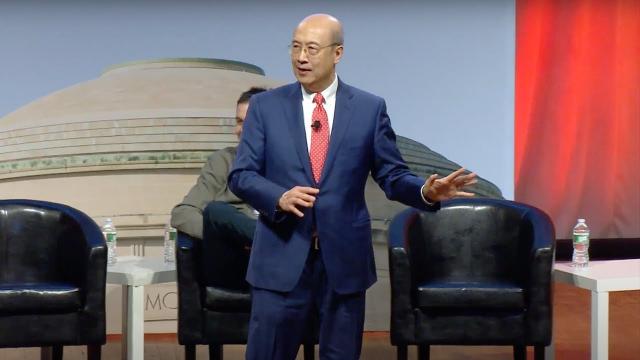
Generative AI Applications: Andrew Lo
Added 128 Views / 0 LikesAndrew Lo, Professor, MIT Sloan School of Management, CSAIL, and Director of the MIT Laboratory for Financial Engineering, talks about how AI can impact finance, including whether large language models can provide sound financial advice.Watch more videos
-
00:13
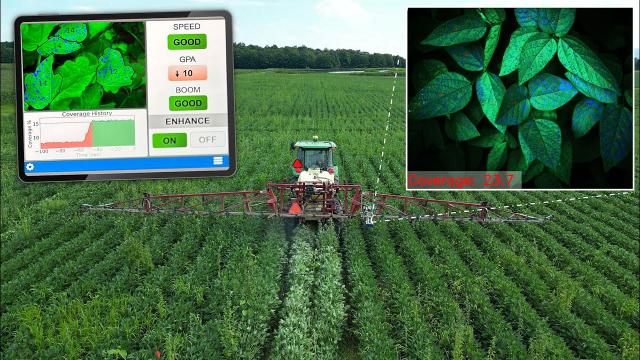
New system monitors and controls spraying
Added 128 Views / 0 LikesIn field tests, MIT spinoff AgZen demonstrated that its feedback-optimized spraying system could halve the pesticide needs of farms and improve crop yields. (Learn more: https://news.mit.edu/2024/reducing-pesticide-use-while-increasing-effectiveness-agzen
-
34:09
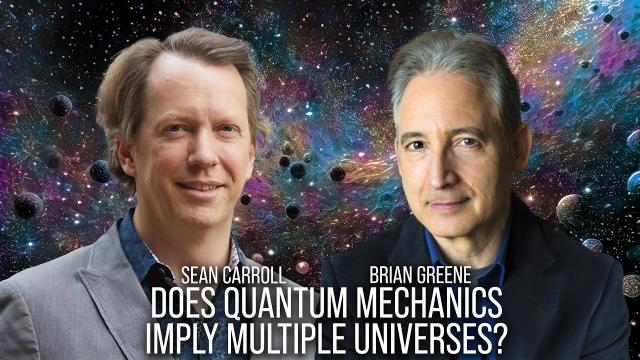
Does Quantum Mechanics imply Multiple Universes?
Added 128 Views / 0 LikesDive into the deepest quantum mystery: how do we transition from a haze of possibilities to the concrete reality we experience? Does the answer require a profusion of universes, each shaped by different quantum outcomes?This program is part of the Big Ide
-
01:42
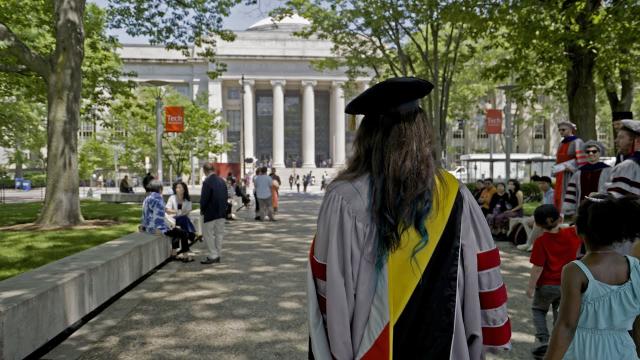
Congratulations, graduates!
Added 128 Views / 0 LikesCongratulations to members of the Class of 2024. You did it! Watch more videos from MIT: http://www.youtube.com/user/MITNewsOffice?sub_confirmation=1The Massachusetts Institute of Technology is an independent, coeducational, privately endowed university i
-
09:10
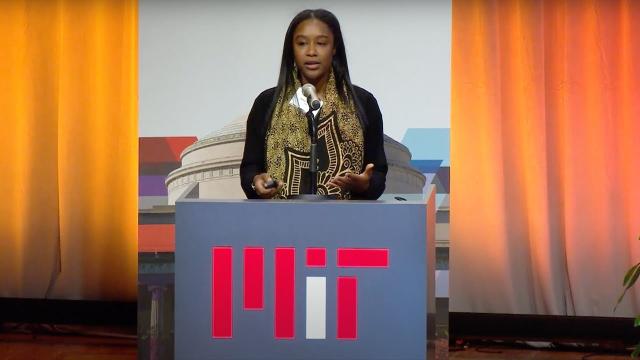
Generative AI Ethics and Society: Aisha Wilson
Added 127 Views / 0 LikesAshia Wilson, Assistant Professor, MIT EECS, and LIDS, on how generative AI can enhance and impact plurality in an increasingly algorithm-driven world.Watch more videos from MIT: http://www.youtube.com/user/MITNewsOffice?sub_confirmation=1The Massachusett
-
00:44
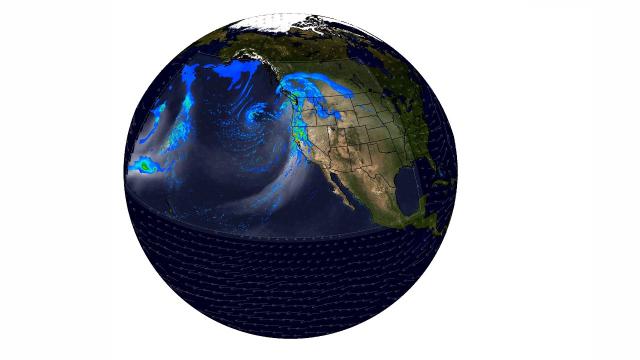
Algorithm helps forecast frequency of extreme weather
Added 127 Views / 0 LikesBy combining machine learning with dynamical systems theory, a team at MIT have now developed a method to "correct" the predictions from coarse climate models. The team’s approach “nudges” a climate model’s simulations into more realistic patterns over la
-
04:04
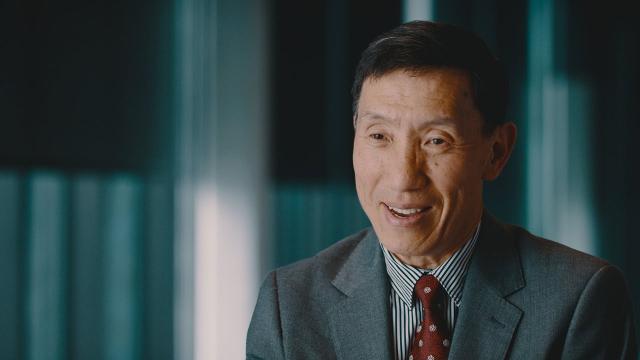
The World at MIT: Yasheng Huang
Added 127 Views / 0 LikesYasheng Huang intended to return and contribute to society in his native country after studying abroad. Following the Chinese government’s violent crackdown in Tiananmen Square in 1989, however, Yasheng decided to stay in the United States and became incr
-
28:36
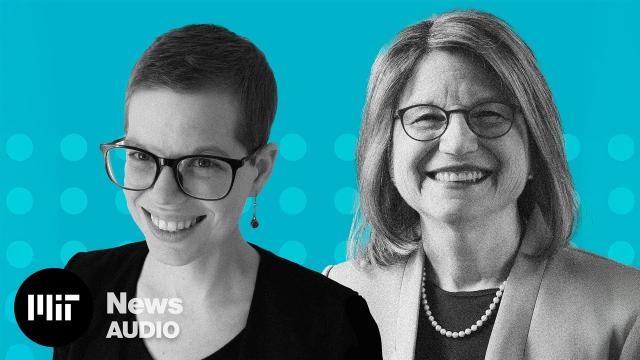
Curiosity Unbounded, Episode 11: Get out the vote
Added 127 Views / 0 LikesAriel White is an associate professor of Political Science at MIT where she studies voting and voting rights. Her recent work investigates how potential voters react to being affected by punitive government policies, such as incarceration, and how people
-
18:40
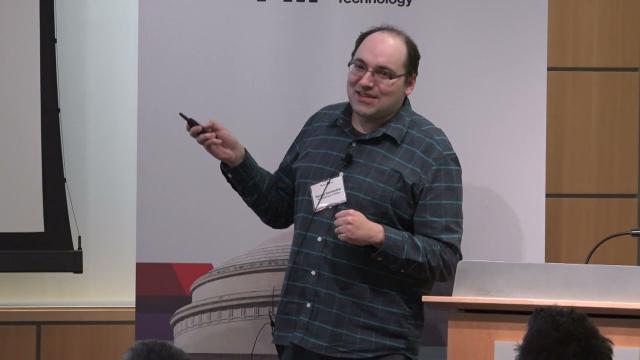
Inverting Protein Structure Prediction Models for Protein Generation
Added 126 Views / 0 LikesProfessor Sergey Ovchinnikov of MIT’s Department of Biology discusses how to make protein design user-friendly and the potential applications of protein generation.Watch more videos from MIT: http://www.youtube.com/user/MITNewsOffice?sub_confirmation=1The



